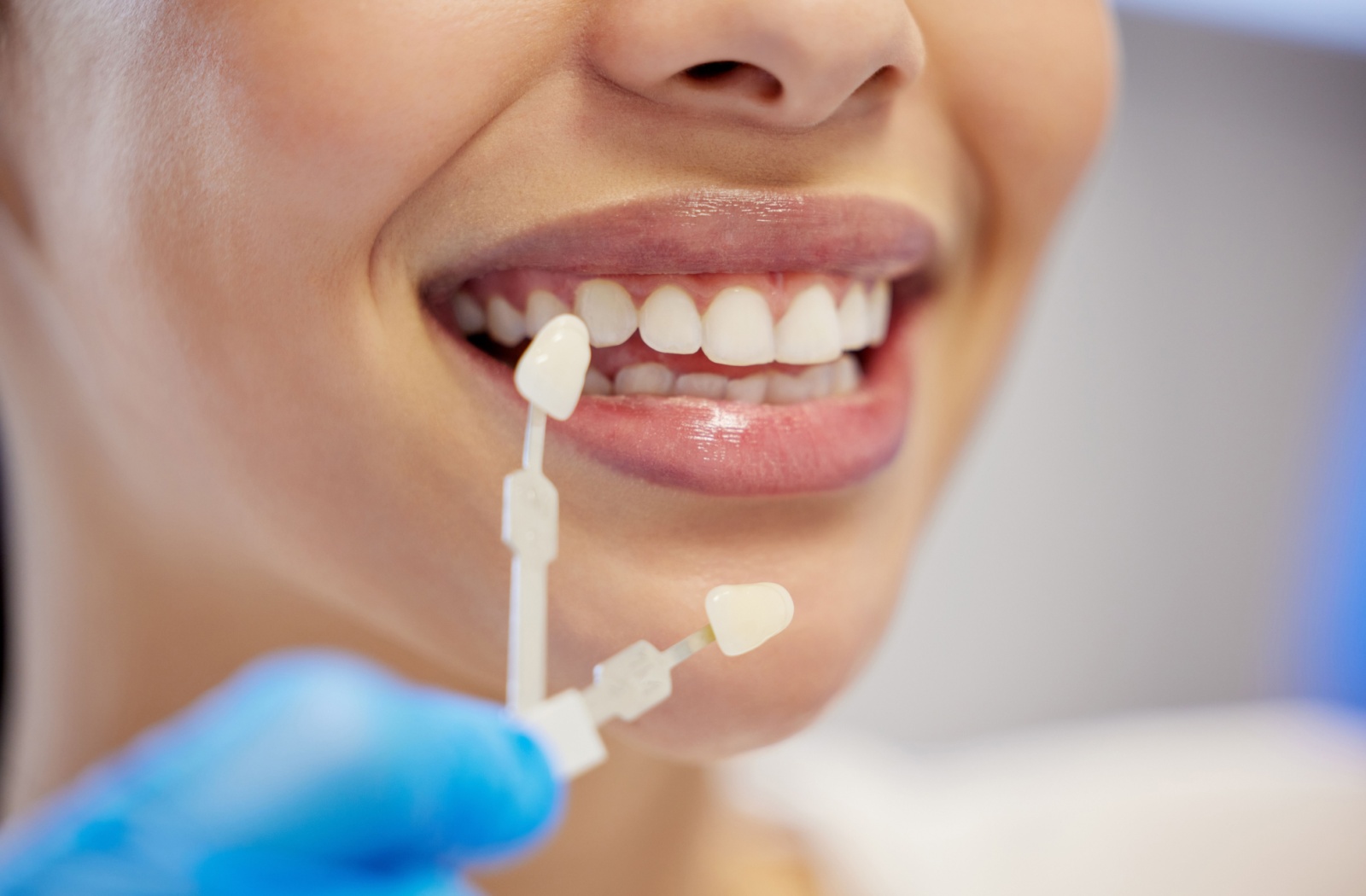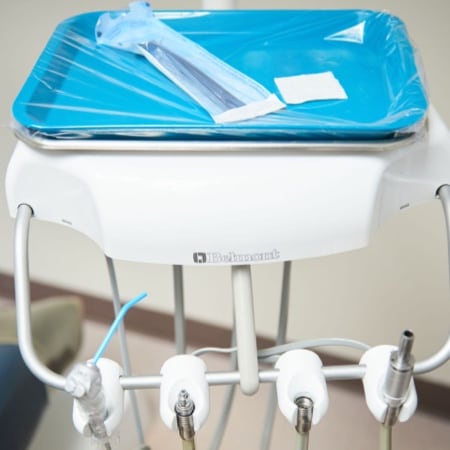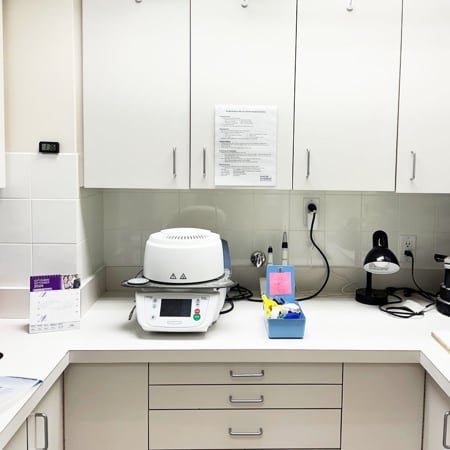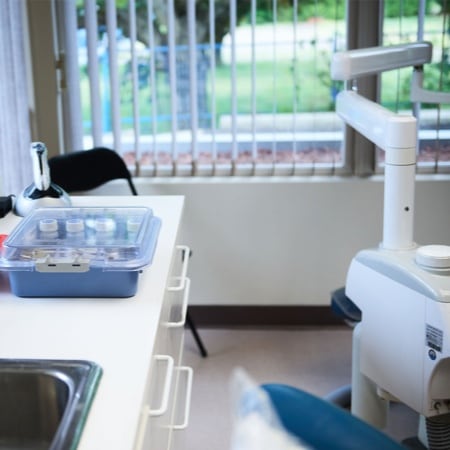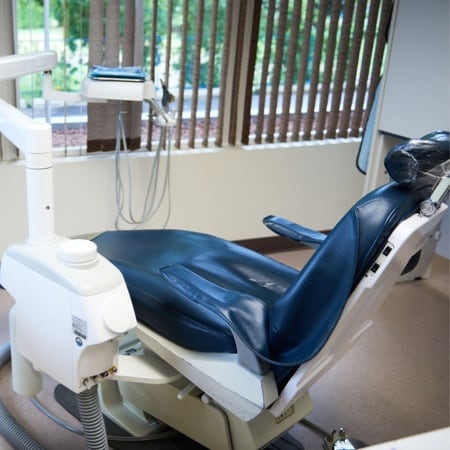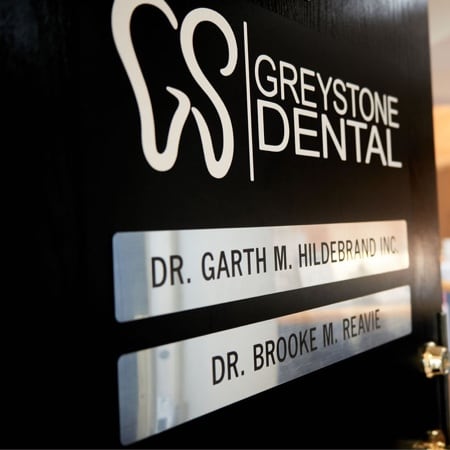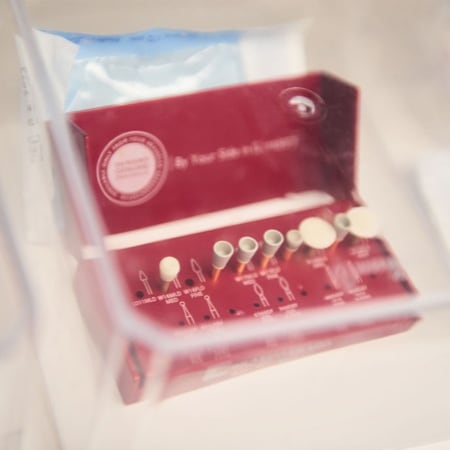Cosmetic dentistry has come a long way, offering more options than ever to enhance your smile. If you’re dealing with chipped, cracked, stained, or gapped teeth, you might have heard that veneers are a popular solution. So, how long can you expect your veneers to last?
Veneers typically last between 10 to 15 years with proper care, though they can last even longer depending on your lifestyle and oral hygiene habits. In this guide, we’ll explore everything you need to know about veneers, how to maintain them, and what to expect if you’re considering this cosmetic treatment.
What Are Veneers & How Do They Work?
Veneers are thin, custom-made shells typically made from porcelain that cover the front surface of your teeth. These shells are bonded securely to your natural teeth to improve their appearance—whether you’re dealing with chips, stains, cracks, or gaps. Veneers are designed to look and feel just like your natural teeth, but with a perfect, bright finish.
Common reasons people choose veneers
- Chips: Small fractures that affect the appearance of your smile.
- Cracks: Aesthetic imperfections that can also weaken the tooth.
- Stains: Discoloration that doesn’t respond to whitening treatments.
- Gaps: Spaces between teeth that impact the alignment of your smile.
Veneers are an excellent way to address these issues, providing a long-lasting solution that’s both functional and aesthetically pleasing. But before you jump into treatment, it’s important to know how long they can last and how to take care of them.
What Makes Veneers Last?
The lifespan of veneers depends on several factors, but on average, they last 10-15 years with proper care. Some patients may even enjoy their veneers for up to 20 years! Porcelain is incredibly durable, but like any dental treatment, it’s important to treat your veneers with care.
Here’s a closer look at what influences how long your veneers will last:
- Lifestyle habits: If you grind your teeth or chew on hard objects like ice, your veneers might wear down faster. Habits like smoking can also discolor the material over time.
- Oral hygiene: Veneers still need regular brushing and flossing to prevent plaque buildup and maintain their appearance. Keeping your gums healthy is also crucial for long-lasting results.
- Dental care: Regular check-ups with your dentist ensure your veneers remain in good shape. Your dentist can detect any potential issues early on, preventing premature damage.
- Accidents or trauma: While veneers are strong, they can still chip or crack if you suffer a hard blow to the face, or if you use your teeth as tools (like opening bottles or tearing packages).
If your veneers do become damaged, the good news is they can often be repaired or replaced without the need for full re-treatment.
Are Veneers Permanent?
Veneers are a permanent cosmetic solution because they require the removal of a thin layer of enamel from your natural teeth to ensure a secure bond. This step is irreversible, so it’s important to be certain you want veneers before proceeding.
However, that doesn’t mean they’re indestructible. Though they’re made of durable materials like porcelain or composite resin, veneers can still chip, crack, or wear down over time if not cared for properly. They’re not immune to the forces of grinding or trauma, so it’s essential to protect them.
If your veneers do get damaged or worn out, your dentist can replace them, but it’s important to take care of them to avoid unnecessary costs and hassle.

How Often Do Veneers Need to Be Replaced?
If you maintain good oral hygiene, avoid habits that damage your veneers, and visit your dentist regularly, you might not need a replacement for upwards of 20 years. However, it’s important to keep in mind that veneers may need replacing due to:
- Wear and tear: Over time, your veneers may show signs of wear, such as fading, chipping, or becoming less shiny.
- Damage: Accidents or habits like teeth grinding can cause veneers to crack or break.
- Changes in your smile: If your teeth shift or you experience significant changes in your oral health, it may be time to replace your veneers.
A dentist can evaluate your veneers and recommend whether they need replacing or can be repaired.
What Happens to Your Teeth Under Veneers?
Before placing veneers, a small layer of enamel is removed from your teeth to help them fit properly. Once bonded, your teeth are protected, but they can’t regrow enamel. This makes it important to carefully consider veneers and maintain good dental hygiene, as your teeth may become more sensitive or prone to decay without enamel. Regular check-ups are essential to keep your smile healthy.
What to Expect During the Veneer Process
If you’re thinking about getting veneers, the process is straightforward but requires some preparation. Here’s what you can expect:
- Consultation: You’ll discuss your goals with your dentist and decide if veneers are right for you.
- Preparation: Your dentist will take impressions of your teeth, and a small amount of enamel will be removed to make space for the veneers.
- Temporary veneers: While your custom veneers are being made, temporary veneers will protect your teeth.
- Placement: Once your veneers are ready, your dentist will check their fit and make adjustments if needed. Then, they’ll bond them permanently to your teeth.
- Adjustment period: It might take a little time to adjust to the feel of your new veneers, but with proper care, they should provide a long-lasting, beautiful smile.
Should You Get Veneers?
At Greystone Dental in Chilliwack, BC, we’re happy to answer all your questions about veneers and help you decide if they’re the right fit for your smile. Contact us today to schedule a consultation!


